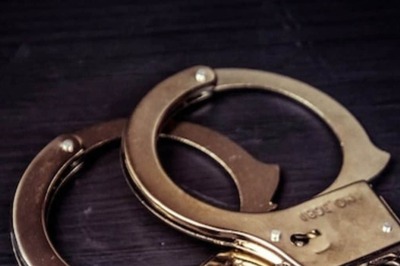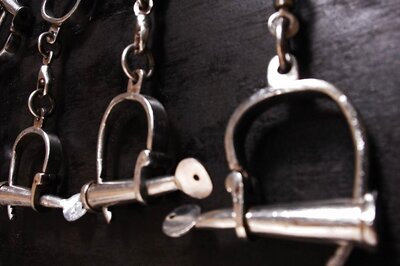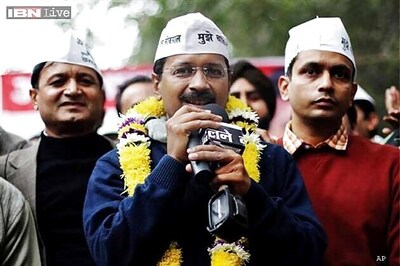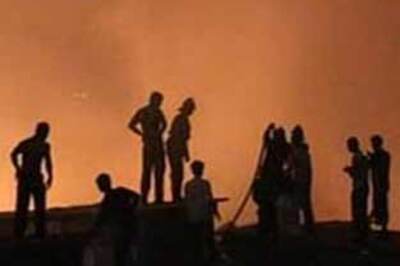
views
The Income Tax Department on Tuesday conducted a survey operation at the BBC’s offices in Delhi and Mumbai as part of a tax evasion investigation, officials said. The surprise action comes weeks after the broadcaster aired a two-part documentary on the 2002 Gujarat riots and India, which was banned by the government, PTI reported.
The department is looking at documents related to the business operations of the company and those related to its Indian arm, they said.
As part of a survey, the Income Tax Department only covers the business premises of a company and does not raid residences and other locations of its promoters or directors.
Amid the case, a look at who owns the BBC:
The British Broadcasting Corporation (BBC) is a publicly funded broadcasting system in the United Kingdom that operates under a royal charter. It had a monopoly on television in the United Kingdom from its inception until 1954, and on radio until 1972.
History of BBC
Following World War I, the first initiatives in British radio were taken by commercial firms that saw broadcasting primarily as point-to-point communications. The British Broadcasting Company, Ltd. was founded in 1922 as a private corporation in which only British manufacturers could own stock, reports explain.
The company was liquidated in 1925, on the recommendation of a parliamentary committee, and was replaced in 1927 by a public corporation, the British Broadcasting Corporation. Although ultimately accountable to Parliament, the BBC enjoys nearly complete independence in its operations. The members of the BBC Trust are appointed by the British monarch, an independent 12-member panel led by a chairman that oversees day-to-day operations.
British television service was suspended during WWII but resumed in 1946. In 1964, the BBC launched its second channel, and in 1967, it launched Europe’s first regular colour television service. It maintained its monopoly on television service in the United Kingdom until the Television Act of 1954, which resulted in the establishment of a commercial channel operated by the Independent Television Authority (later the Office of Communications [Ofcom]) in 1955. In 1982, a second commercial channel began broadcasting.
The BBC’s radio monopoly was broken when the government decided to allow local commercial broadcasts beginning in the early 1970s.
BBC World Service
The BBC World Service began as the Empire Service in 1932. By the early twenty-first century, the service was broadcasting in over 40 languages to approximately 120 million people worldwide. World Service Television began broadcasting in 1991, and in 1997, BBC News 24 debuted as a 24-hour news channel. The BBC has also had success with international syndication of its television programming. Series such as All Creatures Great and Small, Doctor Who, Mr. Bean, and Upstairs, Downstairs have aired on the Public Broadcasting Service in the United States.
The original charter granted the BBC a monopoly over all aspects of broadcasting in the United Kingdom. John Reith (later Lord Reith), general manager from 1922 to 1927 and director general from 1927 to 1938, was a pivotal figure in the corporation’s early history, a report by Britannica explains.
In 1936, he oversaw the development of the world’s first regular television service, as well as the development of radio broadcasting throughout the British Isles. His concept of public service broadcasting was successful in the United Kingdom and influenced broadcasting in many other countries.
This story was originally published on January 30, 2023.
With PTI inputs
Read all the Latest Explainers here




















Comments
0 comment